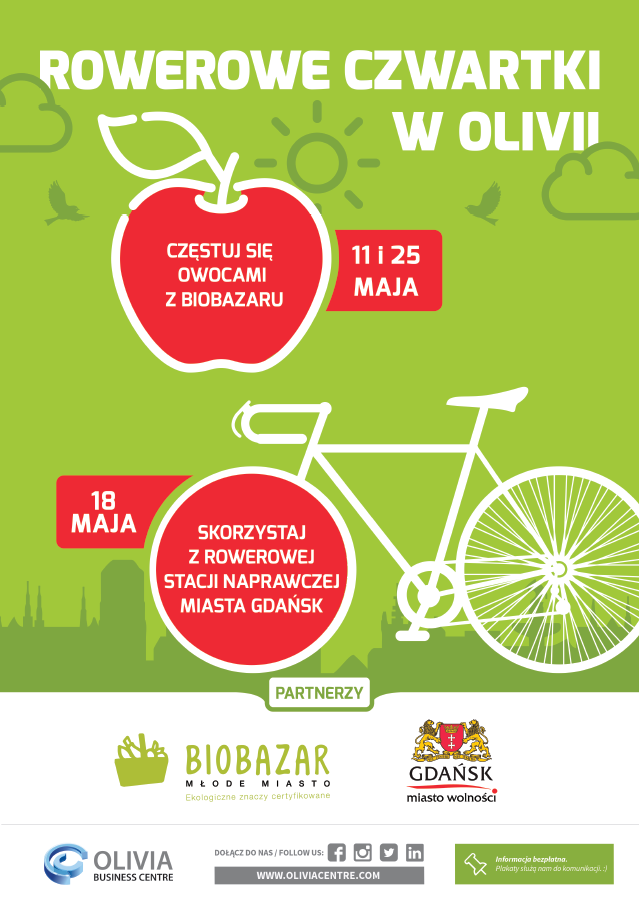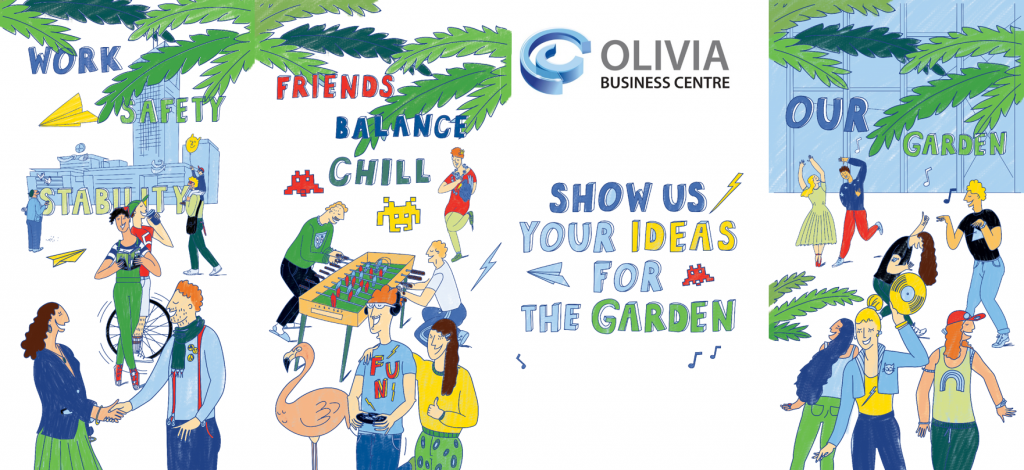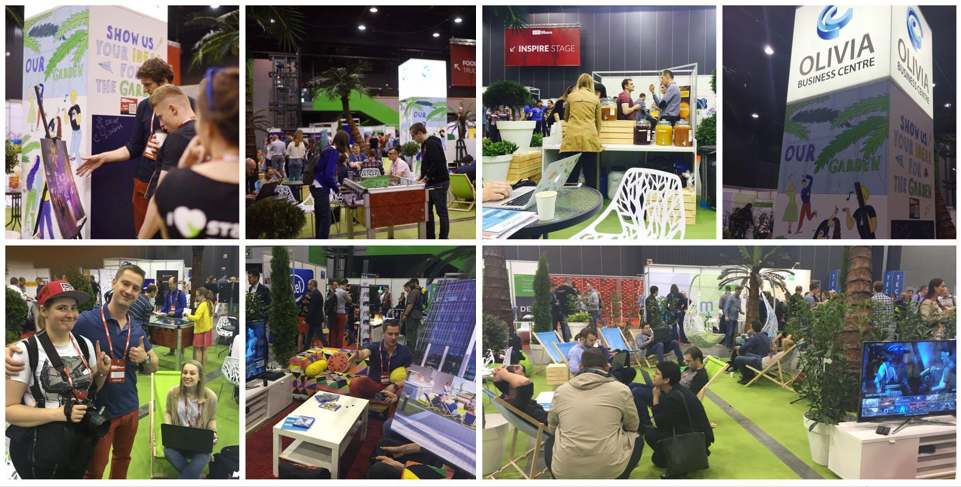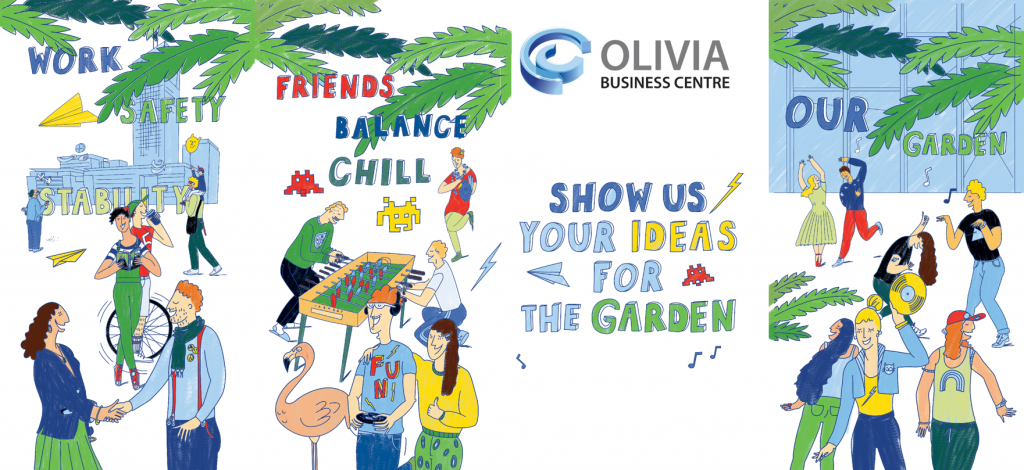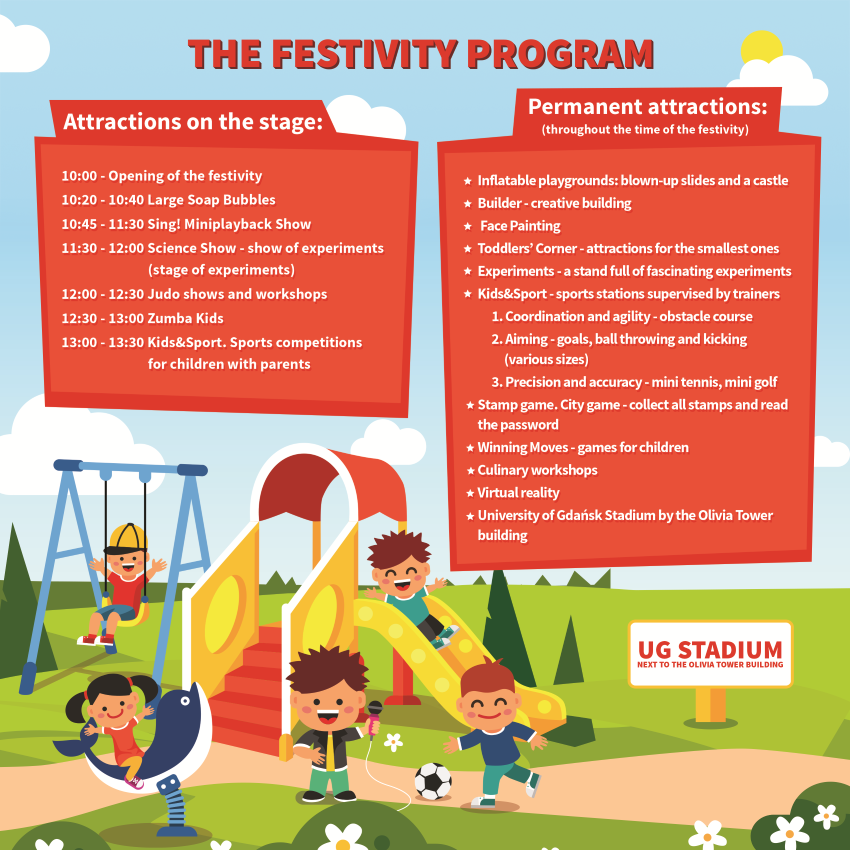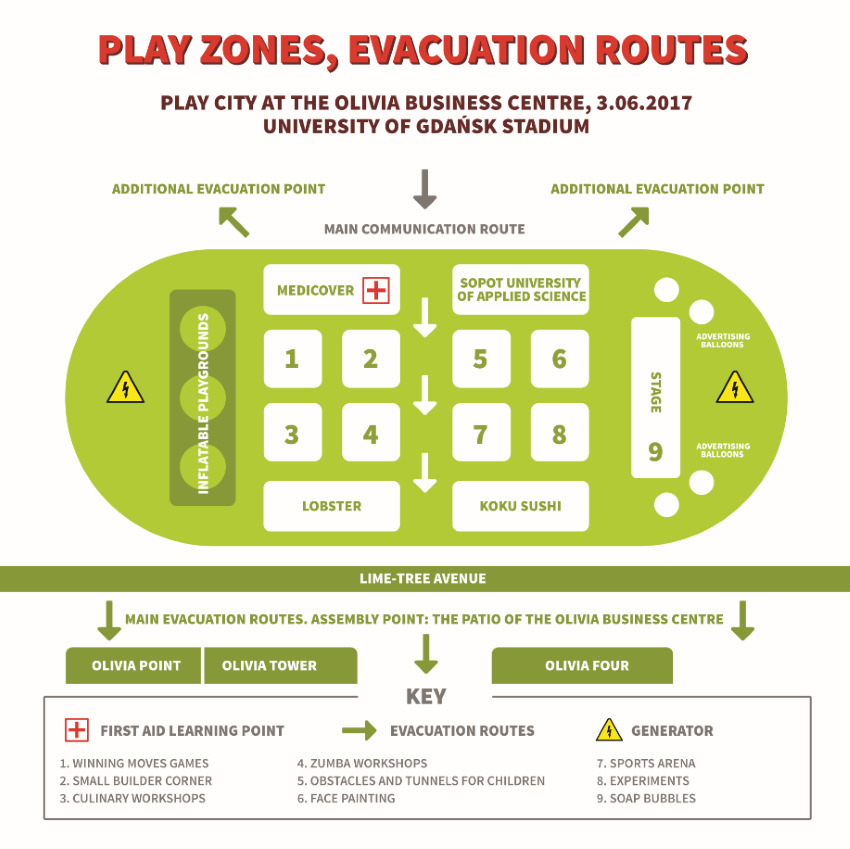One of the fastest-growing companies on the HR Tech market in the CEE region has moved into its new office in Olivia Centre.
Just Join
IT is the largest portal with job offers for the IT industry in Poland. The company also owns RocketJobs.pl and Hello HR portals, dedicated to office workers and the HR industry. A total of one million people visit all three sites every month. The search for a new office was related to the continuing dynamic development of the company, which was founded only 6 years ago by two friends: Piotr Nowosielski and Tomasz Gański. From the very beginning, they were distinguished by their unconventional approach, high creativity and search for solutions that would change the recruitment portal market. They focused on ease, openness and unconventionality.
We were looking for a place that would fit into the unique mindset of Just Join IT. Creativity, buzzing energy, willingness to break the mold and mission to give people the best jobs in the world is the driving force behind our rapid growth. We needed a lot of space to work together and meet informally and create our own professional video studio. We considered several locations, but as soon as we visited the space in Olivia, we felt internally that this was it. The view of the sea and the housing estate in Żabianka, where Just Join IT took its first steps as a startup, additionally captivated us – said Mateusz Szcześniak , Operations Manager at Just Join IT, coordinating the office change process.
The company occupies an exceptionally representative 13. first floor in the Olivia Prime office building. It is the newest building of the largest business centre in Poland, whose leading stylistic motif is biophilia. The common areas of the building are filled with plants, and their main finishing material is wood. Most offices have extensive terraces and loggias, often filled with vegetation.
The author of the interior design is
Design Anatomy
, an architect studio of Olivia Centre, which has previously prepared a number of award-winning interior designs, m.in. observation deck on the 32nd floor of Olivia Star, conference space on the 34th floor and over 100,000 million people on the 32nd floor. m.kw. office space. The office has been designed to combine functionality, comfort of work and light, user-friendly interior designa. Weronika Budzyńska from Design Anatomy created the project with a view to introducing a calm and conducive to concentration working atmosphere, taking into account the principles of neurodiversity. The office space has been illuminated with natural light, which makes it exceptionally pleasant and light to look at. This effect is enhanced by the bright pastel colors used in the interior design. Workspaces have been divided into smaller zones with the introduction of acoustic panels, office and meeting rooms.
The neurodiversity aspect of the project is provided by places designed for more active forms of distraction from work. In the interiors, steel structures with energizing colors in the form of stretching ladders have been introduced, which give employees the opportunity to release tension and gain energy during an intense working day. These are not the only elements that directly affect well-being, as the interior of the office has been filled with plants. The project included the use of them to delineate individual open space zones, thanks to their use both in standing pots and suspended from ceilings. In the collaboration zone, the plants have been woven into the metal ceiling, thanks to which they create a beautiful natural canopy illuminated by decorative lamps.
We assess our presence in Olivia as a very positive – emphasizes Sandra Grzesiak, office manager at Just Join IT. – Changing the space to a larger, newer one and, above all, one where we are all on the same floor, definitely has a better effect on our work. The décor of the new office is very warm and homely, which is appreciated by our employees. The entire Just Join IT and RocketJobs.pl team are very happy with our new space. In the office, for example, we have ladders for exercises, and the sales department even organized a competition for the largest number of pull-ups. In the open part, we have arranged a space with sofas, tables and seats, which works well during our monthly company-wide meetings, as well as for celebrating successes or for evenings together, when we play games on the console and projector. An additional advantage is the possibility of coming to the office with pets, which our employees appreciate very much and come with their pets quite often. We have our regulars, e.g. the cute poodle Kokos.
The central point of the office is the Collaboration zone, from which there is a view of the city and the Bay of Gdańsk. It has been designed as a multifunctional place that fosters integration and team collaboration. The interior is filled with furniture of various forms and functions, and their selection is based on the idea of providing employees with maximum comfort during work and meetings. Additionally, the adjacent kitchen area has been designed to allow employees space to relax and unwind. The whole thing while maintaining the harmony of beige, gray, green, blue and red colors. The terrace overlooking the sea is a great inspiration in everyday work and a place for integration and relaxation.
Designed by Design Antomy, the conference rooms provide ideal conditions for effective work. Panels, acoustic ceilings, carpets and furniture are all decorated in monochromatic colours to encourage concentration and creativity. In addition, the use of display cabinets in the same colours as the interiors of the rooms adds character and complements the arrangement of the office.
An additional accent is provided by neon signs designed by Just Join IT, giving the space an individualized style.
Just Join IT is one of the most colourful and dynamic teams that have recently moved into Olivia – says Bogusław Wieczorek, Plenipotentiary of the Management Board of Olivia Centre. From the very beginning of their presence in our center, the team has been very visible in the public spaces and community initiatives of our center. Piotr Nowosielski was a juror in our Olivia Prize competition, in which we award the best initiatives of Olivia companies. Employees often use numerous restaurants and gyms, which also serve as a space for integration and building contacts. It is a very engaged and active community that adds value to our center.
We appreciate the comprehensive approach of Olivia’s team and end-to-end commitment, starting from design, through engineering works, to execution. In each of the areas, the experts acted professionally and coherently, which greatly facilitated the process of changing the office. summed up Mateusz Szcześniak from Just Join IT.

